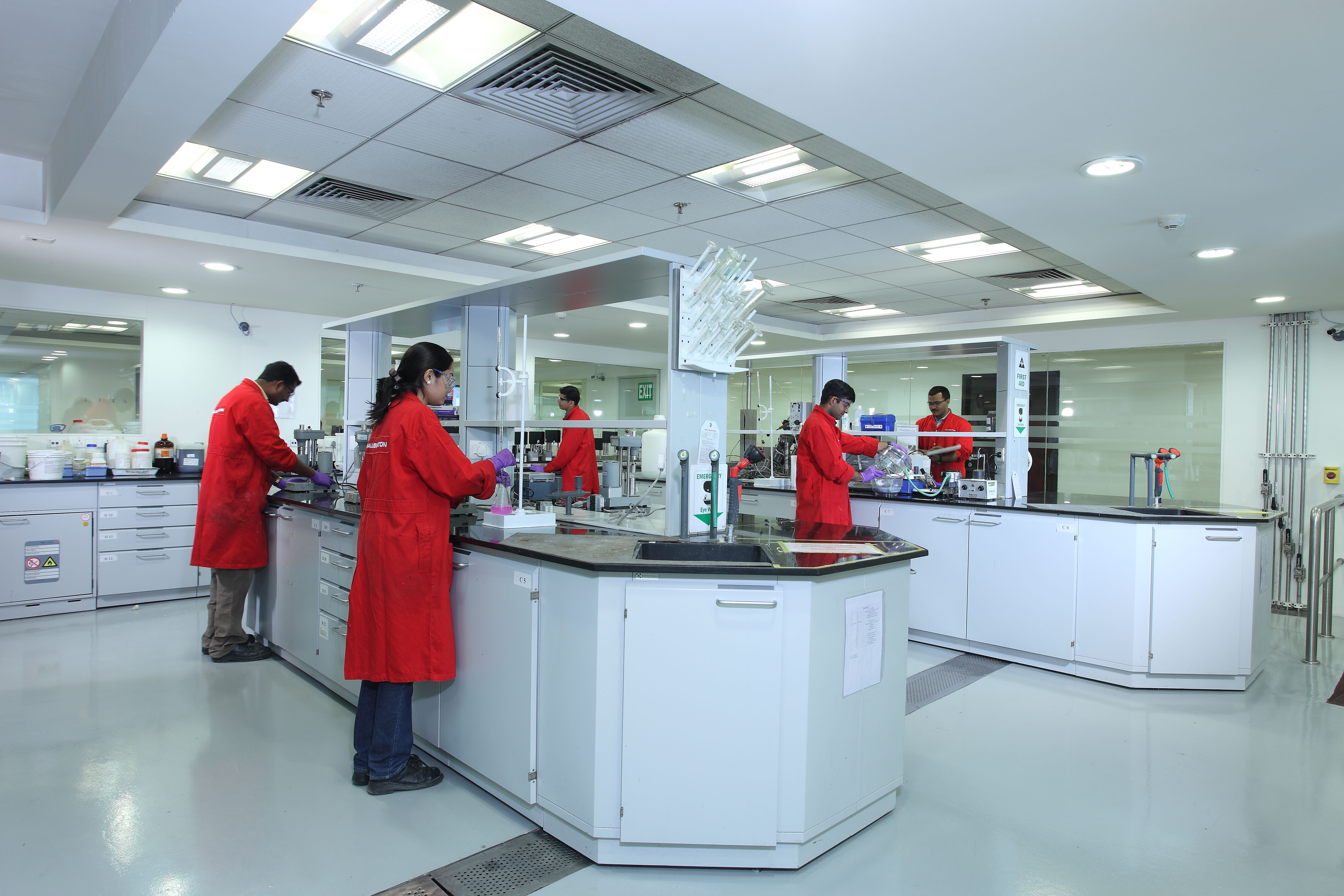 Search
Search
 Search
Search

Fracture face stimulation chemicals reduce formation damage.
Download PDFProducing wells with abnormally high decline rates

Midland Basin, Texas

In a recent project in the Permian basin, four wells were underperforming. Production data, previous designs, and available log data revealed a potentially unstable formation type. If not treated properly, this type of formation can experience fracture face instability, resulting in deterioration of the fracture over time and, ultimately, in reduced production.
Treatment fluid contacting and leaking into the reservoir fracture face should have optimized chemistry to control these effects and to help preserve inflow capacity at the interface. Using the cores obtained, RockPerm clay control testing was performed. The testing protocol includes a swelling stability test (SST) to measure the swellability of the formation material and a newly developed mechanical stability test (MST) that can be correlated to hardness changes of the sample.
Quad-cell testing was also performed to understand the fracture face failure mechanism better. Utilizing a quad-cell press, formation wafers and slurried proppant are tested under closure stress to be examined for evidence of proppant embedment and crushing.
Combined with the RockPerm analysis, this testing was used to determine the top-performing products from the Halliburton suite of unconventionals-focused clay control technologies.
The results from the quad-cell testing also indicated that running higher concentrations of higher strength proppants in the treatment would result in better well performance.
Without understanding all of the well interactions, it’s difficult to characterize what sections are slowing down production. Allowing expert testing to provide customized solutions for this specific issue not only improved production but also lowered BOE's cost.
RockPerm stimulates reservoir volume with a deeper penetration of flow-enhancing chemistry that complex fracture networks require.
Advanced chemical testing provides optimal additive design. Hydraulic fracturing is complex. It requires a multistage process that involves numerous stimulation chemicals designed to enhance hydrocarbon production. However, many factors can impact the success or failure of these fluid additives. The optimal choice for an additive depends on its interaction with frac fluids, formation water, mineralogy, oil, and the proppant being used.
Our specialized technicians perform extensive local laboratory testing of formation fluids, cuttings, and fracturing fluids for each service. The results of these tests allow our experts to recommend the optimal fluid additive and concentration specific to your reservoir.
Advanced Fracture Monitoring
Our swelling and mechanical stability tests determine which additives best prevent clay-associated formation damage caused by clay fracture face destabilization.
Discover RockPerm